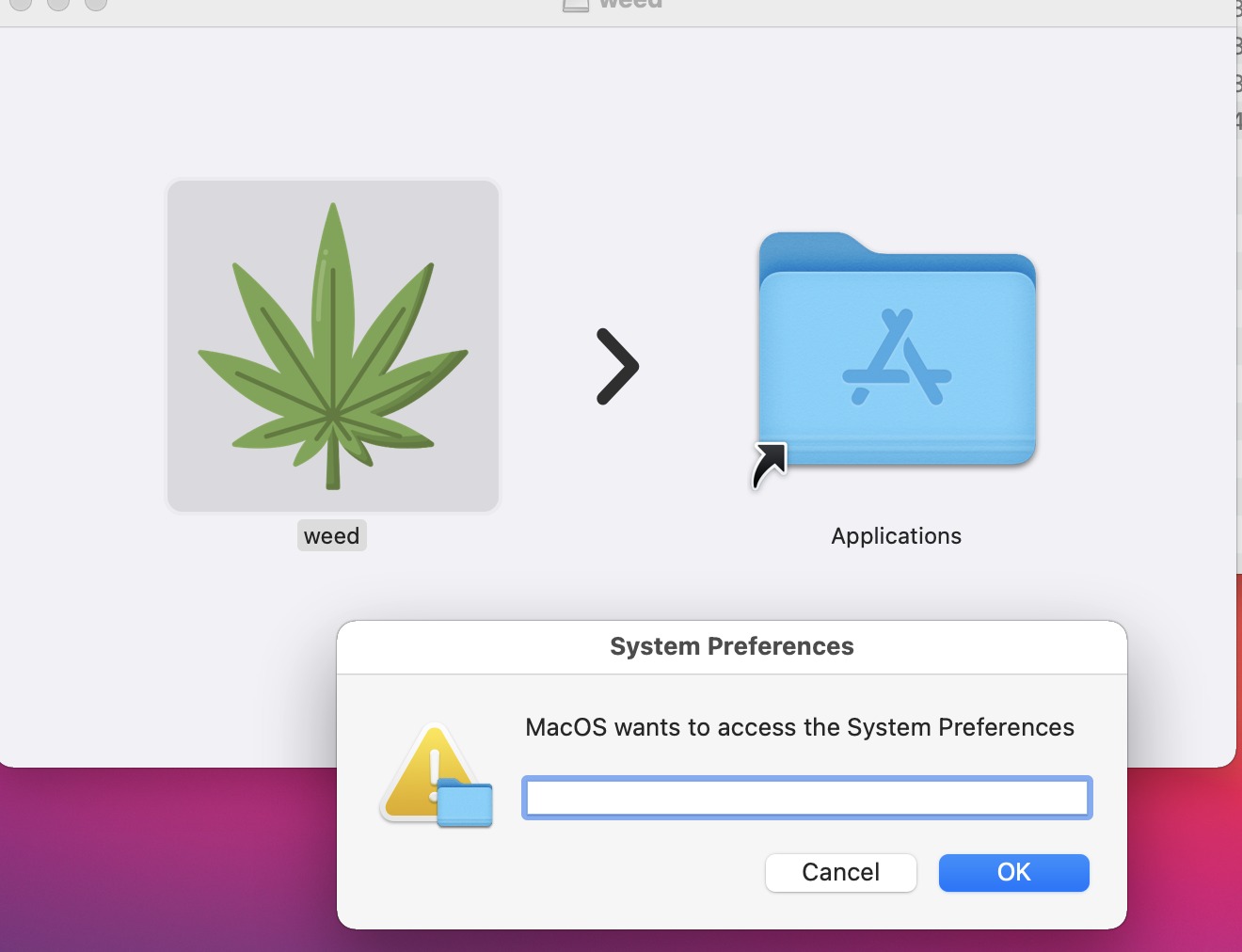Higher Wages of War: A Look at the Private Military-Industrial Complex
For more crisp and insightful business and economic news, subscribe to
The Daily Upside newsletter.
It’s completely free and we guarantee you’ll learn something new every day.
In 400 BC, Artaxerxes II was set to take over the Persian throne, but his younger brother, Cyrus, said “Over my dead body.”
Oh, how right he was.
With the promise of riches, Cyrus created the Ten Thousand, a large band of Greek soldiers-for-hire he would use to try to usurp his brother. While the Ten Thousand were victorious at the Battle of Cunaxa near modern-day Baghdad, Cyrus died that day, leaving the group without a leader, thousands of miles from home, and out of a job.
These days, such royal familial squabbles would more likely play out on the Twittersphere than on the battlefield. But one aspect of warfare from Cyrus’ era that endures is the mercenary – or private military contractor, as we call them today.
Outfits like Constellis, Aegis, and the Wagner Group have breathed new life into one of the oldest professions in the world, putting the value of the global private military market at more than $250 billion.
History Repeats Itself
PMCs and mercenaries have been standard military practice pretty much since the Ten Thousand:
- When Alexander the Great invaded Asia with his Macedonian army in 334 BC, he also hired mercenaries from what is now modern day Albania, Bulgaria, and Turkey.
- Though it’s an economic powerhouse these days (bank failures aside), Switzerland used to be one of the poorest countries in the world, forcing natives to look abroad for work. The Swiss Guard – those blue and orange-clad pope protectors – began as a group of mercenaries fighting in the Italian Wars during the 15th and 16th centuries.
- The British crown hired roughly 30,000 German Hessians to fight in the American Revolution. King George III paid the German state of Hesse-Kassel the equivalent of about 13 years of tax revenue for their services.
Unsurprisingly, hired swords and guns weren’t big on moral values. They’d fight your war as long as you were paying, but when that was all over, they’d go rob merchants on trade routes, ransack a village, or hold a city hostage because their allegiances lay with the highest…




